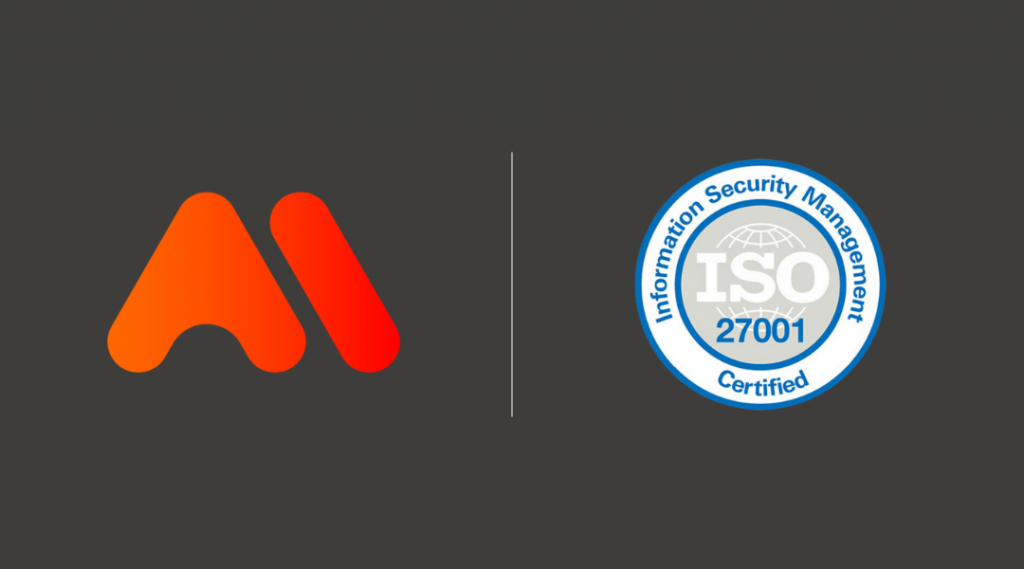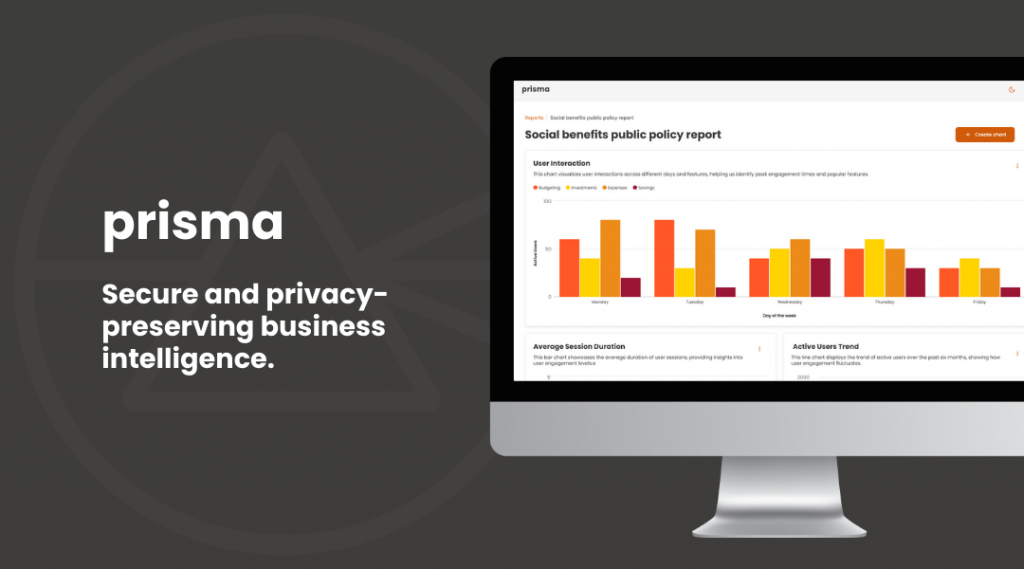In this second part of our debt collection series, we take a look at three more advantages organisations can explore by working with secure and privacy-preserving analytics in debt collection. If you didn’t read part 1, you can find it here.
Compliance Assurance
Debt collectors can use PET-based analytics to ensure strict adherence to debt collection regulations and applicable privacy laws. This reduces the risk of costly legal issues and regulatory fines.
Within the intricately regulated world of debt collection, adherence to debt collection regulations and privacy laws goes beyond merely a best practice—it is often an unequivocal legal mandate. Through the strategic utilisation of advanced analytics solutions while vigilantly safeguarding the confidential information of debtors, debt collectors gain the capability to methodically oversee and evaluate their compliance with a degree of precision that manual methodologies cannot satisfy.
Such measures substantially curtail the potential for costly legal disputes, regulatory penalties, and reputational harm, affording debt collectors a sense of assurance while upholding the most stringent standards in data protection. Essentially, the seamless integration of security and privacy into the spectrum of compliance assurance empowers debt collectors to navigate the multifaceted regulatory landscape confidently, diminish risks, and conclusively illustrate their intentional dedication to ethical debt collection practices, fostering trust among creditors, debtors, and regulatory authorities.
Compliance assurance can directly lead to financial gain and economic benefits for debt collection organizations. Organizations significantly reduce the risk of costly legal issues and regulatory fines by ensuring strict adherence to associated regulations and privacy laws. This saves them from potential financial penalties and helps preserve their credibility in the market. This is nothing to be dismissed as a minor concern. A clean track record of compliance fosters trust among creditors, debtors, and regulatory authorities, which can lead to increased business opportunities and partnerships.
Enhanced Customer Experience
Analyzing debtor interactions and feedback data enables agencies to improve customer satisfaction by addressing pain points and offering more flexible repayment options.
Interactions in debt collection are frequently characterised by their sensitivity and emotional intensity, where any mishandling of debtor information can swiftly result in negative customer experiences. Through the adept utilisation of advanced analytics solutions, all while giving paramount importance to data protection, debt collectors can unlock many invaluable insights derived from debtor interactions and feedback data.
These insights allow debt collectors to pinpoint pain points and extend more personalised and adaptable repayment alternatives, enhancing the overall customer experience. This, in turn, establishes a foundation of trust and collaboration between debt collectors and debtors. Debt collectors who rigorously uphold proper security and privacy standards manifest their commitment to supporting customers’ rights to privacy.
This factor results in client satisfaction and potentially greater probabilities of successful debt resolution. This approach not only shapes a favourable brand image for debt collectors but also cultivates stronger relationships with creditors and debtors.
Enhancing the customer experience in debt collection through secure analytics directly contributes to financial gains and economic benefits. Debt collectors can better understand their customers’ needs and preferences by analysing debtor interactions and feedback data while prioritising data protection.
This enables them to offer more flexible repayment options and address pain points effectively. A positive customer experience results in higher debtor satisfaction, which can lead to improved debt resolution rates and reduced defaults. Satisfied debtors are likelier to cooperate with collectors, increasing the chances of successful debt recovery. Moreover, being known for ethical and customer-centric debt collection practices can attract more clients and build long-term relationships, thus bolstering the organisation’s financial stability and profitability.
Cost Reduction
Efficient resource allocation based on data-driven insights reduces operational costs, as collectors can focus their efforts where they are most likely to yield results.
Debt collection operations often demand substantial investments and inefficient resource allocation can precipitate inflated operational expenditures. Through the strategic deployment of advanced analytics solutions and safeguarding sensitive debtor information, debt collectors can optimise their operational processes, improve workflows, and allocate their resources more efficiently. The outcome is notable cost savings as fewer resources are squandered on unproductive collection endeavours. The convergence of insights related to cost reduction with satisfactory security and privacy protocols enables debt collectors to heighten their operational efficiency, reduce expenses, and attain a more robust financial bottom line.
Organisations can reduce operating costs significantly by optimising operational processes and streamlining daily routines. This means fewer resources are wasted on unproductive collection efforts, leading to increased operational efficiency and cost savings. Additionally, the emphasis on data security and privacy ensures that organisations avoid costly legal penalties, which can have a negative financial impact.
As a result, the convergence of cost reduction insights with stringent security and privacy protocols helps debt collectors achieve a more robust financial bottom line, all while maintaining compliance and building trust with creditors and debtors, ultimately contributing to long-term financial stability and profitability.
Conclusions
Compliance assurance ensures adherence to debt collection regulations and privacy laws, reducing the risk of costly legal issues and regulatory fines while cultivating stakeholder trust. Enhancing the customer experience through data-driven insights leads to higher debtor satisfaction, increased debt resolution rates, and improved business prospects. Finally, cost reduction through efficient resource allocation and data security measures optimises operational efficiency, trims expenses, and contributes to a more robust financial bottom line. These advantages safeguard an organisation’s reputation and position it for long-term financial stability and profitability in a challenging and highly regulated industry.



